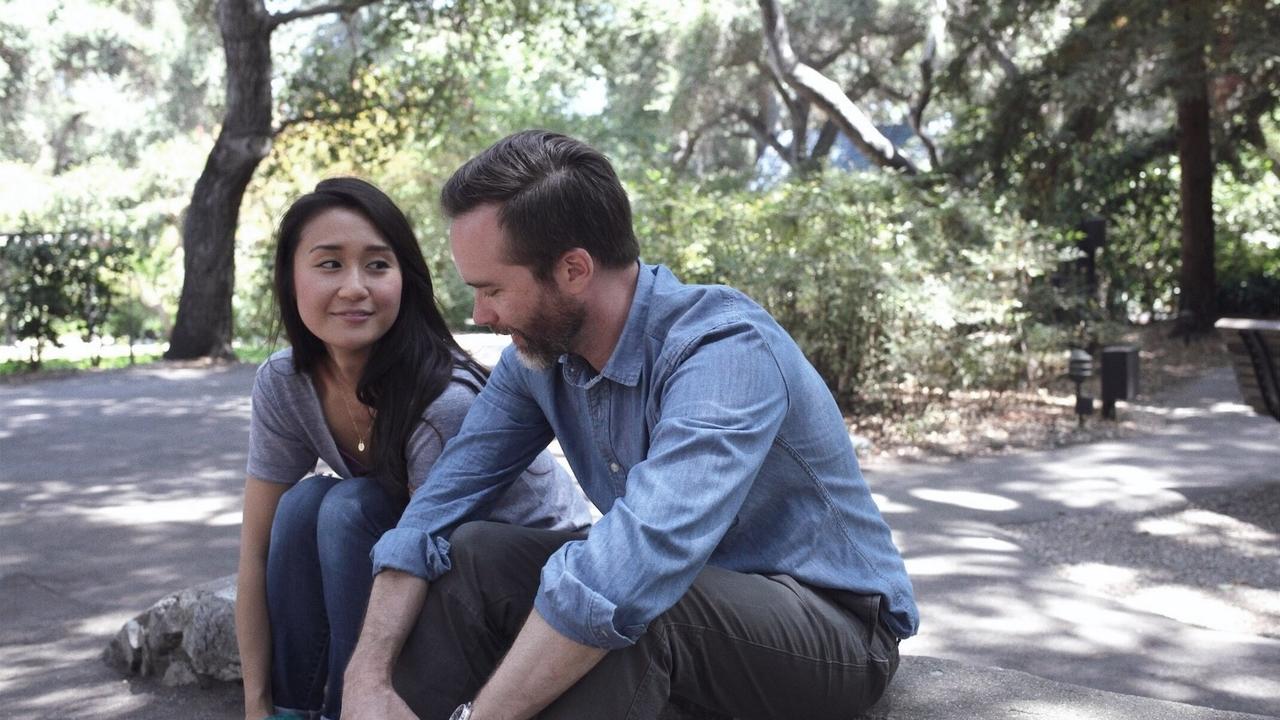The Poetry of Couple Communication

Susan B. Saint-Rossy, LCSW
PACT Level III candidate
Ashburn, VA
www.relationship-therapist.com
Most couples who come to me identify their main problem as lack of or poor communication. Many times, couples believe that if they just learned to communicate properly, their relationship would be “fixed.” Thus, various therapeutic schools have come up with techniques (e.g., active listening, the use of “I” statements) to give order to a messy, complicated process. From the PACT perspective, these approaches can oversimplify a couple’s situation.
PACT recognizes that communication is complex, nonlinear, and multidimensional—much like poetry. Couples’ communication includes the symbolic language of words, micro-expressions, body language, tone of voice, and other elements. There is no one-to-one correlation between words and meaning, or...
Using PACT in Individual Therapy: A Pro-Relationship Stance

Margaret Martin, LCSW, SEP
PACT Level III candidate
Austin, TX
margaretmartinlcsw.com
When I started my career, I was a dyed-in-the-wool individual therapist, with little or no interest in couple therapy. My master’s program offered minimal education in couple therapy, and because I had no plans to pursue that, I assumed my training in couples’ work would end there. But then a friend convinced me that taking the PACT training would help me grow as an individual therapist. What began as a tepid dipping of my toes into the pool of couple therapy evolved into a dive into a deep, fulfilling sea. Not only do I love my work with couples, but my training as a couple therapist has enhanced my work with individuals.
The principles that make up the foundation of PACT apply to all kinds of relationships, not just romantic partnerships. Individual clients...
The Making of a Third

Sara Slater, MSW, LICSW
Seattle, WA
PACT Level III candidate
Apparently the pregnant couple in my office didn’t want to talk about preparing for baby at all. Instead, in the first minutes of their first session, Meg launched into her frustrations about their house and the dog and Rob’s work and their finances. Her hands were folded protectively over her belly, while Rob remained silent, leaning back in his chair, arms folded behind his head. The more she escalated, the calmer he appeared. Neither looked much at the other; both frequently turned to me, with a look that said, “See what I’m dealing with?” No one mentioned the baby, except to answer that she was due in about six weeks.
So, what was happening here? Instead of nestling into their couple bubble, joyfully anticipating the baby to be, or supporting each other through fluctuating anxieties and preparations, they were retreating into attacking, blaming, and...
The Body Knows How to Love

Michele McCormick, Ph.D.
PACT Level III candidate
Newport Beach, CA
www.drmmc.com
The body tells the story. In contrast with traditional psychoanalysts, PACT-trained therapists need not take an extensive life history in the first session to discern how a client’s past affects how he or she relates to his or her partner. Sure, early histories eventually emerge during the highly interactive Partner Attachment Interview. However, for a PACT therapist, the way a couple interact in the realm of the body becomes a powerful early assessment of where they are with each other. Are they securely attached? Are they safely in one another’s care?
Alex came to therapy to fight for his 6-year relationship. He described feeling neglected by Cindy. They had not had sex in more than a year, and he longed for intimacy. He believed Cindy did not love him and he demanded she agree to marry him within the next 30 days to prove her devotion. Cindy’s belief was that she did love him,...
Renewing Love at a Wired for Love Retreat

by Beth O’Brien, PhD, licensed psychologist
PACT Level III candidate
http://bethobriencounseling.com/
“Fast acting, long lasting.” Those are the words one couple used to describe their experience of PACT in session with me. As a PACT Level III candidate, I find that once each partner learns to really understand the other and how the other works, their relationship runs more smoothly.
Couples often begin their first counseling session pointing their finger at the other partner. They blame, explain, and defend. I understand that they are angry and hurt, and it took a while for them to come to counseling. As our sessions continue, the partners experience the benefit of safe and secure functioning, and this becomes the primary goal for their relationship and how they want to be with one another. Through PACT interventions, they begin to collaborate more. “I” becomes “we.” They look out for one another more. What the other person says and needs...
Does the Bite Fit the Wound?: Exploring Some PACT Maxims

By Rick Hupp, LMFT
PACT Level II practitioner
West Hills, CA
www.responsiverelating.com
When I was a boy, I had a loyal and loving friendship with our family dog, a Labrador retriever mix named Domingo. He was our docile family mascot, and he had a wonderful ability to influence us in a playful manner, whether it was to get us to throw a ball for him, sneak him a snack under the dinner table, or give him a thorough scratching behind the ears. He was mostly by my side, even when sleeping, as my parents had made a special padded nook for him next to my bed.
One morning I awoke to the sounds of him growling. As I looked over to see what the matter was, I realized he was fast asleep but having a bad dream. Whatever was threatening to him in that dream was causing him to respond with an aggressive, defensive stance—rare for his generally happy-go-lucky demeanor. Thinking I was going to offer comfort by waking him from his doggie nightmare, I leaned out to gently pet him. Much to my...
Working with Traumatized Couples Using PACT

By Rachel Holland, DClinPsych,
PACT core faculty
Buckinghamshire, UK
[email protected]
Dan and Jane have been married for thirty years and have three sons. They came into therapy following a challenging time in their lives after they faced a number of health, family, and work problems in quick succession. Jane had also suffered a recent traumatic event and was struggling with posttraumatic hyperarousal. She was sensitive to noise and crowds and felt that nowhere was safe anymore. Both Dan and Jane were distressed and looked exhausted in response to these events. Their relationship had become adversarial and verbally aggressive, and they felt like they were “on eggshells” with each other. Both were seeing individual therapists for support, as well as seeking couple therapy.
My initial ideas about this couple included issues related to allostatic load (i.e., the cumulative burden on the nervous system from multiple chronic stressors; McEwen & Seeman,...
Opportunity Through Affect

by Jeff Pincus, LCSW, and Rachel Cahn, LPC
PACT faculty members
Emails: [email protected], [email protected]
Most people would agree that relationships, especially love relationships, are incredibly complex. Most honest psychotherapists would add that couple therapy itself can be extremely complicated, and that it isn’t always clear how best to intervene with a couple who are distrustful, disconnected, and in the midst of pain. With so many moving parts, what should the effective PACT therapist focus on? The answer is affect, and helping the couple attend to each other’s affect by tolerating it and responding appropriately. Affect regulation theory offers a succinct lens through which to view how skilled PACT therapists can be most effective in helping a couple move toward a secure-functioning relationship.
What is affect?
According to psychologist Daniel Hill, affect is “the somatic representation of the state of the...
The PACT Therapeutic Stance

Sydney, Australia
I love being a couple therapist, and after 18 years, I am pretty confident I know what I’m doing—mostly. What I love about the work is the sense of honor I feel when a couple engage me in their process and I can help them create a better relationship. Each and every time I embark on that journey, I commit to it fully and I give it my all. It is such a privilege.
As you can imagine, I’ve learned many skills and worked with a range of modalities. Some of these have stayed with me, but many have been left behind. Not only is it my professional responsibility to stay on top of what’s new in clinical practice and what the clinical evidence tells us about what works and what doesn’t, but for me it’s also important to keep...
Applying the Three PACT Domains

by Mary Ackerman, MIC, BASS (Cllg); CARE Counselling Hong Kong, PACT Level II practitioner
Website: carecounsellinghk.com
Philippe and Grace, who have been married for twelve years, are clients in my clinical practice in Hong Kong. He is French Swiss and works in finance, and she is Korean American and works as an auctioneer. They have three daughters. They sought therapy after Grace found out that Philippe had been paying for prostitutes on his overseas travel. He admitted to fathering a child in the Philippines.
When I asked why they had come to therapy, both said, “To save our marriage.”
As I worked with them, I found it helpful to observe the influence of the three domains of PACT: attachment theory, arousal regulation, and neuroscience. An overwhelming sense of anger and fear ran through each session, and these domains helped me understand this challenging couple so I could develop an effective treatment approach.
First, their attachment styles were key....

